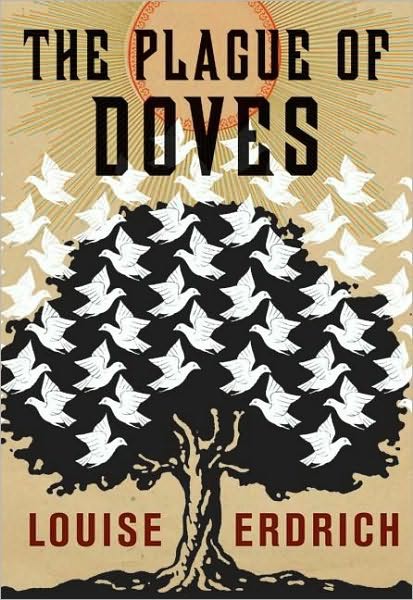
The Plague of Doves PDF
Preview The Plague of Doves
Starred Review. Erdrich's 13th novel, a multigenerational tour de force of sin, redemption, murder and vengeance, finds its roots in the 1911 slaughter of a farming family near Pluto, N.Dak. The family's infant daughter is spared, and a posse forms, incorrectly blames three Indians and lynches them. One, Mooshum Milk, miraculously survives. Over the next century, descendants of both the hanged men and the lynch mob develop relationships that become deeply entangled, and their disparate stories are held together via principal narrator Evelina, Mooshum Milk's granddaughter, who comes of age on an Indian reservation near Pluto in the 1960s and '70s and forms two fateful adolescent crushes: one on bad-boy schoolmate Corwin Peace and one on a nun. Though Evelina doesn't know it, both are descendants of lynch mob members. The plot splinters as Evelina enrolls in college and finds work at a mental asylum; Corwin spirals into a life of crime; and a long-lost violin (its backstory is another beautiful piece of the mosaic) takes on massive significance. Erdrich plays individual narratives off one another, dropping apparently insignificant clues that build to head-slapping revelations as fates intertwine and the person responsible for the 1911 killing is identified. (May)
Copyright © Reed Business Information, a division of Reed Elsevier Inc. All rights reserved.
Starred Review “Every so often something shatters like ice and we are in the river of our existence. We are aware.” Those are the moments Erdrich captures in this mesmerizing novel set in Pluto, North Dakota, a white town on the edge of an Ojibwe reservation. Founded out of white greed, the town is now dying, deserted by both industry and its young people. Evelina, a girl of mixed Indian and white descent, hears many family stories from her irascible grandfather, Mooshum, who has learned to deal with the deep sorrow in his life by practicing the patient art of ridicule (his sly baiting of the local priest is one of many comic highlights). Evelina also learns about the town’s long, bloody history, including the slaughter of a white farm family and the hanging of innocent Native Americans unfairly targeted as the perpetrators of the crime. Over succeeding generations, descendants of both the victims and the lynching party intermarry, creating a tangled history. Throughout Erdrich deploys potent, recurring images—a dance performed to thwart the plague of doves destroying crops, the heartbreaking music of a violin, an athletic nun rounding the bases in her flowing habit—to communicate the complexity and the mystery of human relationships. With both impeccable comic timing and a powerful sense of the tragic, Erdrich continues to illuminate, in highly original style, “the river of our existence.” --Joanne Wilkinson
